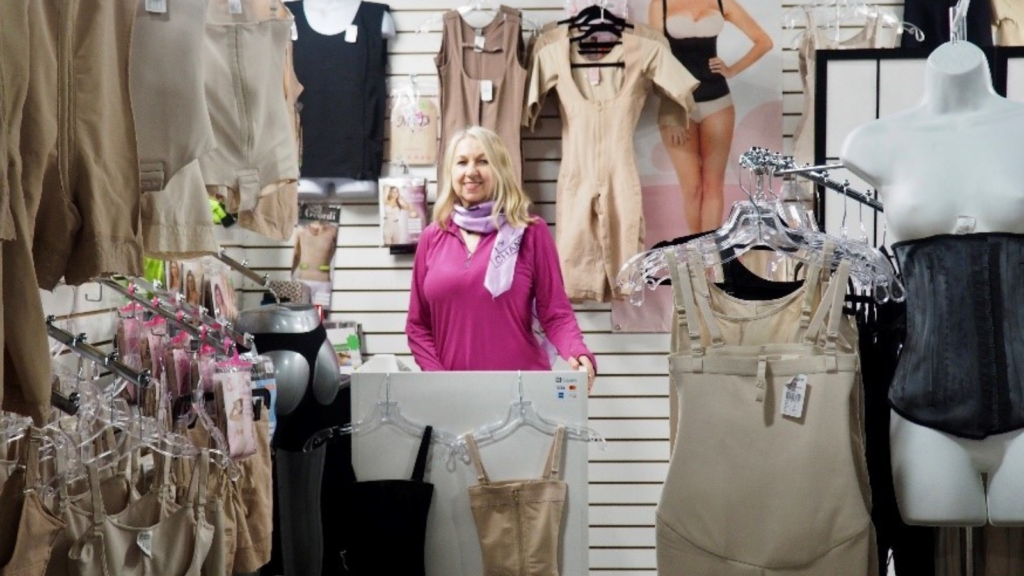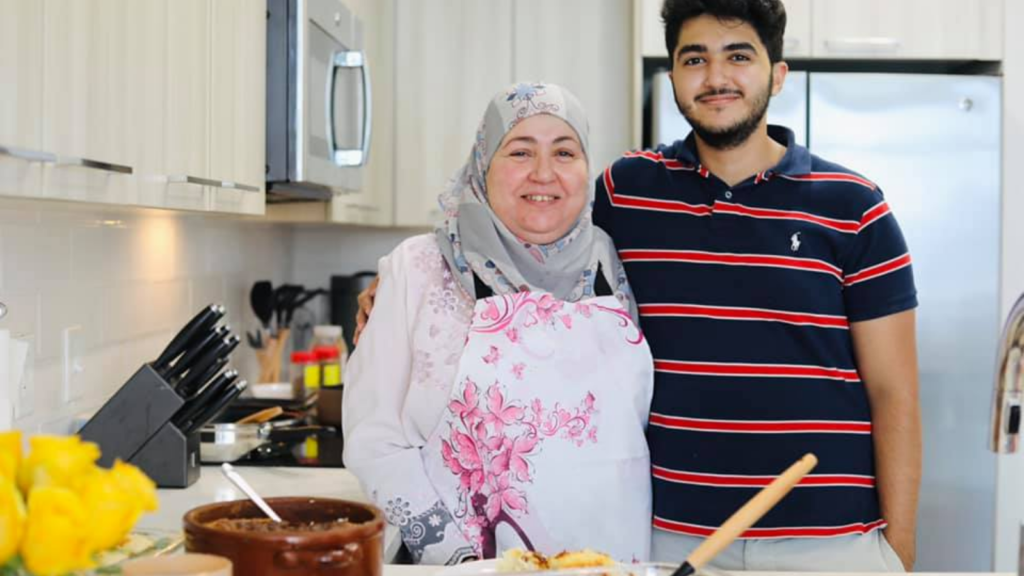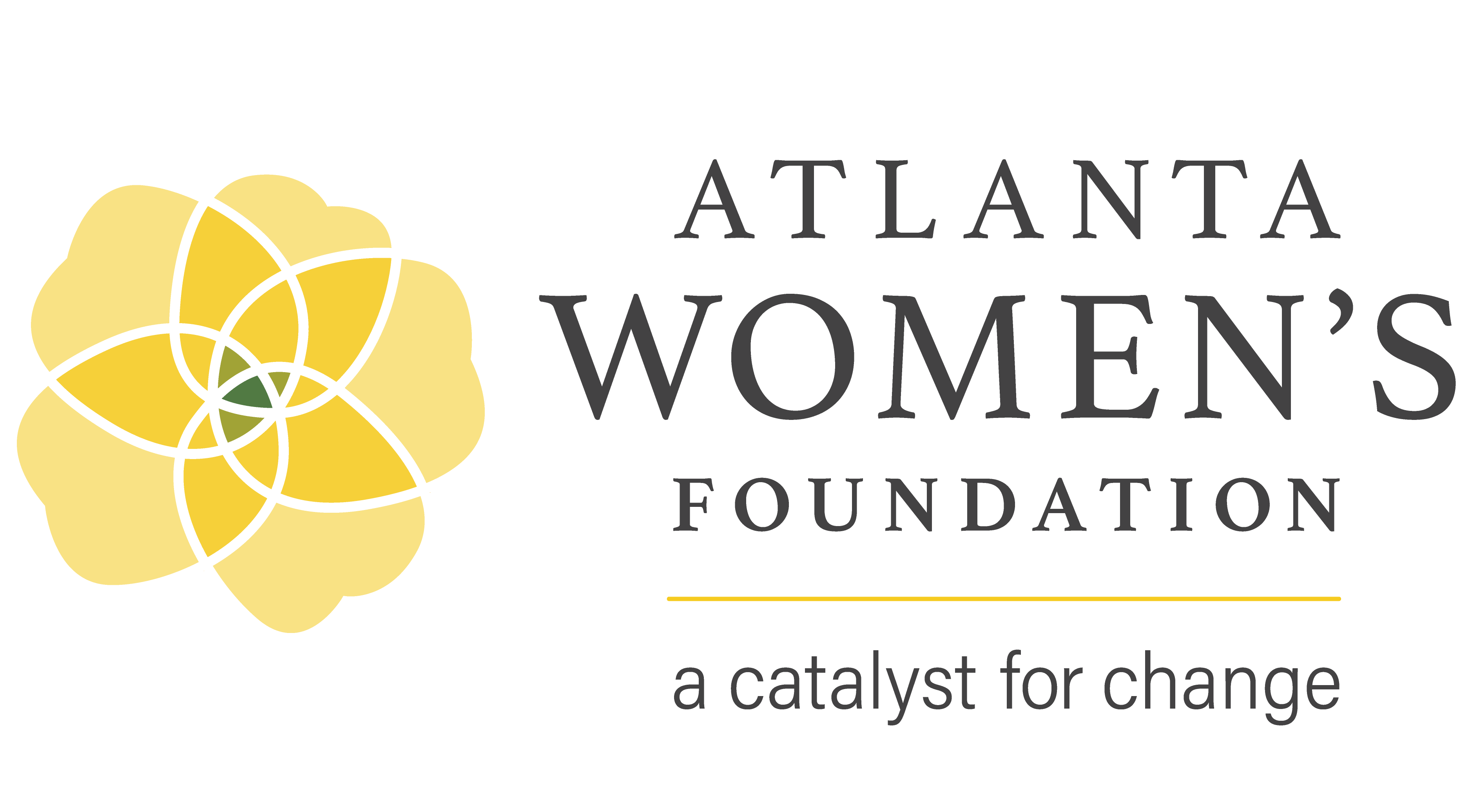Women Achieving Success Through Entrepreneurship
Since the start of the pandemic, most of the news reported gives us a bleak picture about economics, politics, and society, especially for women. However, one area of opportunity for women in the last two years has been in entrepreneurship. In 2020, almost fifty percent of people who started a new business were women, which was a 27% increase. While entrepreneurship is not a panacea to the barriers low-income women face, the benefits can be substantial.

One of the most significant barriers for low-income women is a lack of access to quality, high-paying jobs that offer a career path and an opportunity to build wealth. Low wages compounded by gender pay disparities and poor protections for working women do not provide enough support for women to fully participate in today’s economy and achieve self-sufficiency. Women make up nearly two-thirds of the 40 lowest paid jobs. Additionally, across the metro Atlanta area, more than one in four single mothers are living below the poverty line. Working one (or more) low-wage jobs often does not cover the basic needs for a woman and her family.
Entrepreneurship can provide low-income women with higher wages, flexibility in caring for their families, and the opportunity to build wealth through savings and owning the asset of a business. Women’s entrepreneurship also helps strengthen a country’s economy. In the United States, women-owned businesses generate $1.8 trillion per year.

Additionally, entrepreneurship can be particularly impactful for Black and Latina women, who are more likely to participate in the labor force compared to white women in Georgia, but they are often relegated to jobs that pay lower wages, and make up the majority of women living below the poverty line in metro Atlanta. Black women comprise the fastest growing demographic of entrepreneurs in the United States and Hispanic women-owned businesses grew by 172% in the last 10 years.
Because we know that investing in women achieves lasting returns for families and communities, AWF launched, in 2016, the Women’s Pathway to Success grant program. It is a transformative initiative, resulting in job creation, reduction in poverty, and eliminating barriers to employment for women in metro Atlanta. This program will impact a minimum of 18,000 women over 5-years.

Under the Women’s Pathway to Success Program, 10 local nonprofit organizations will receive support over 5 years to provide the critical combination of services needed to move women to economic self-sufficiency. This combination of services includes access to:
- Workforce training and development,
- Microenterprise development,
- Childcare,
- Financial literacy, and
- Employment opportunities for women at or below 200% of the federal poverty level.
In the first three years of funding, 14,468 women had access to workforce training and development, microenterprise development, childcare, financial literacy, or employment opportunities; 224 new businesses have been created; and 390 women have achieved economic stability (make a living wage based on the MIT Living Wage Calculator, Georgia). To date, AWF has awarded $1.3 million in grants to this initiative.
You can learn more about AWF’s Women’s Pathway to Success grantees from past blog posts by Access to Capital for Entrepreneurs, Latin American Association, and Refugee Women’s Network.
